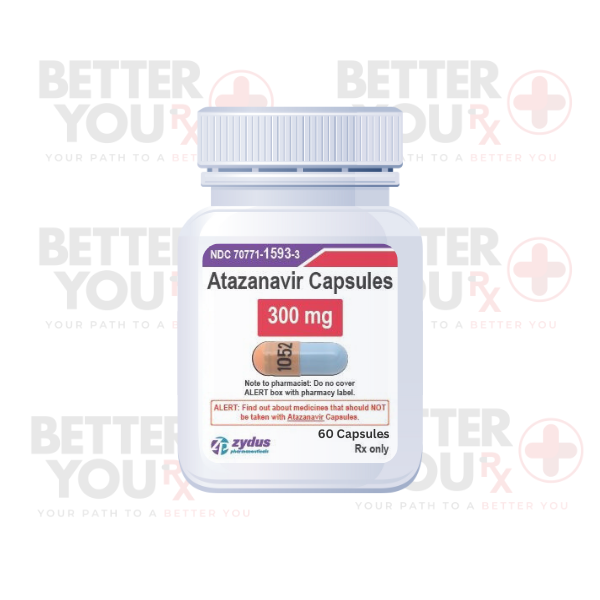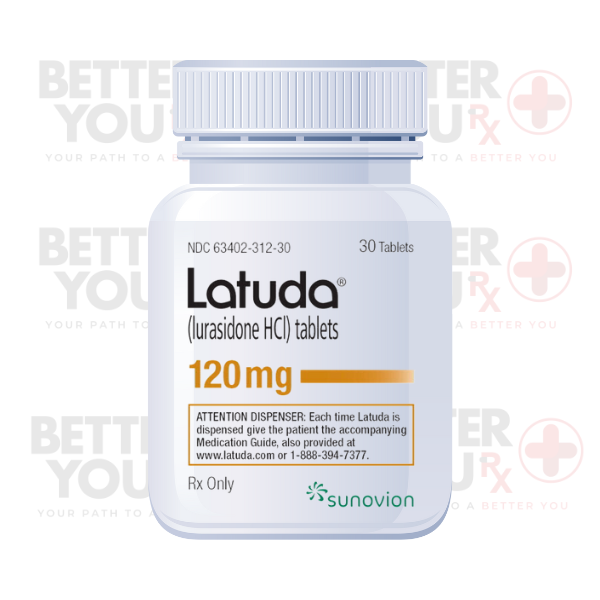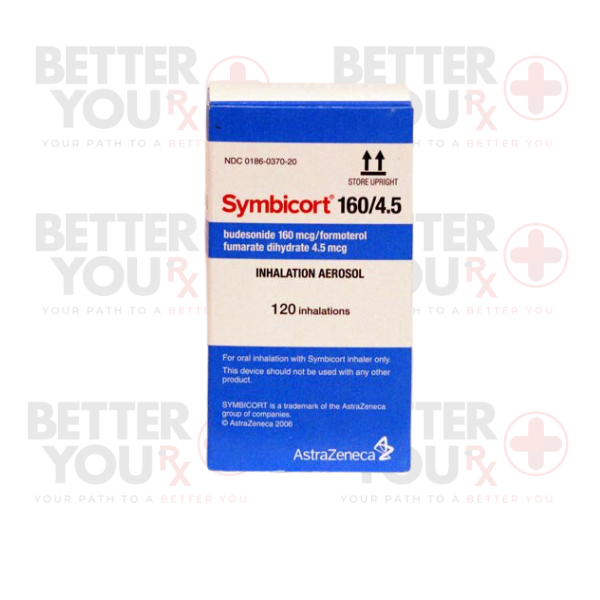| Usage |
Usage
Trifluoperazine is available in tablet form for oral administration. Typically, it is taken once or twice a day, adhering to a consistent schedule. To ensure proper usage, carefully follow the instructions on your prescription label, and seek clarification from your doctor or pharmacist regarding any uncertainties. Take trifluoperazine precisely as prescribed by your healthcare provider, refraining from altering the dosage or frequency independently. Typically, treatment begins with a low trifluoperazine dose, which may be gradually adjusted by your doctor. Your doctor might reduce the dosage once your symptoms are effectively managed. It's important to note that while trifluoperazine can help manage symptoms, it does not provide a cure for the underlying condition. Therefore, it is essential to continue taking trifluoperazine even if you start feeling better. Do not discontinue the medication without consulting your doctor, as abrupt cessation may lead to withdrawal symptoms like nausea, vomiting, dizziness, and tremors. Your doctor will likely recommend a gradual reduction in dosage.
|
| Side Effects |
Side Effects
Trifluoperazine has the potential to induce side effects. If you encounter any of these symptoms and they are either severe or persistent, it is essential to inform your doctor:
• Dizziness, a sensation of unsteadiness, or difficulty maintaining balance
• Blurred vision
• Dry mouth
• Nasal congestion
• Nausea
• Trouble with urination
• Changes in the size of your pupils (the black circles in the middle of your eyes)
• Constipation
• Alterations in appetite
• Weight gain
• A blank facial expression
• A shuffling gait
• Restlessness
• Jitteriness
• Unusual, slowed, or involuntary movements of any part of your body
• Insomnia or difficulty staying asleep
• Headache
• Profound fatigue
• Weakness
• Enlargement of breast tissue
• Production of breast milk
• Missed menstrual periods
• Reduced sexual potency in men
Some side effects can be quite serious, and if you experience any of the following symptoms, contact your doctor immediately:
• Fever
• Muscle stiffness
• Falls
• Confusion
• Rapid or irregular heartbeat
• Perspiration
• Yellowing of the skin or eyes
• Flu-like symptoms
• Sore throat, chills, or indications of infection
• Neck cramps
• Tongue sticking out of the mouth
• Throat constriction
• Breathing or swallowing difficulties
• Fine, worm-like tongue movements
• Involuntary rhythmic movements of the face, mouth, or jaw
• Seizures
• Blisters
• Rash
• Hives
• Itching
• Swelling in various areas, including the eyes, face, mouth, lips, tongue, throat, arms, hands, feet, ankles, or lower legs
• Prolonged erections that last for hours
• Vision disturbances, particularly in low-light conditions
Trifluoperazine may also lead to other side effects. Be sure to report any unusual problems you encounter while taking this medication to your doctor.
|
| Storage |
Storage
To ensure the safekeeping of this medication:
1. Store it in its original container, tightly sealed, and out of children's reach.
2. Maintain it at room temperature, away from excess heat and moisture, avoiding bathroom storage.
3. Dispose of any unnecessary medications securely to prevent access by pets, children, or others.
4. Do not flush the medication down the toilet; instead, opt for a medicine take-back program.
5. Consult your pharmacist or local waste department for information on take-back programs.
6. Safeguard all medications from young children, as some containers may not be child-resistant.
|
| Precaution |
Precautions
Here are the key points to consider before taking trifluoperazine:
1. Inform your doctor and pharmacist about any allergies to trifluoperazine, other phenothiazines, or any medications.
2. Share your complete medication list, including prescription, nonprescription drugs, vitamins, supplements, and herbal products.
3. Disclose any medical conditions, including liver disease, blood cell disorders, pheochromocytoma, breast cancer, glaucoma, balance issues, seizures, chest pain, or heart disease.
4. Notify your doctor if you are pregnant, planning pregnancy, or breastfeeding, as trifluoperazine may impact newborns if used in the final pregnancy months.
5. Mention trifluoperazine use to healthcare providers before surgery or myelogram (spine x-ray).
6. Be aware that trifluoperazine may cause drowsiness, affecting your thinking and coordination, especially initially. Avoid driving or operating machinery until you understand its effects.
7. Be cautious when rising from a lying position, as trifluoperazine can lead to dizziness, lightheadedness, and fainting upon standing.
8. Consult your doctor regarding alcohol consumption during trifluoperazine treatment, as it can worsen side effects.
9. Minimize sun exposure and protect your skin with clothing, sunglasses, and sunscreen, as trifluoperazine may increase sun sensitivity.
10. Be aware of potential difficulty cooling down in hot conditions and notify your doctor if you plan strenuous activities or exposure to extreme heat.
11. Take precautions against a skin rash, as some individuals handling trifluoperazine tablets may develop this condition. Avoid direct contact with the tablets.
|
| Warning |
Warning
Research indicates that elderly individuals with dementia, a condition impacting memory, cognition, communication, and daily functioning, may face an elevated risk of mortality when treated with antipsychotic medications like trifluoperazine.
|









